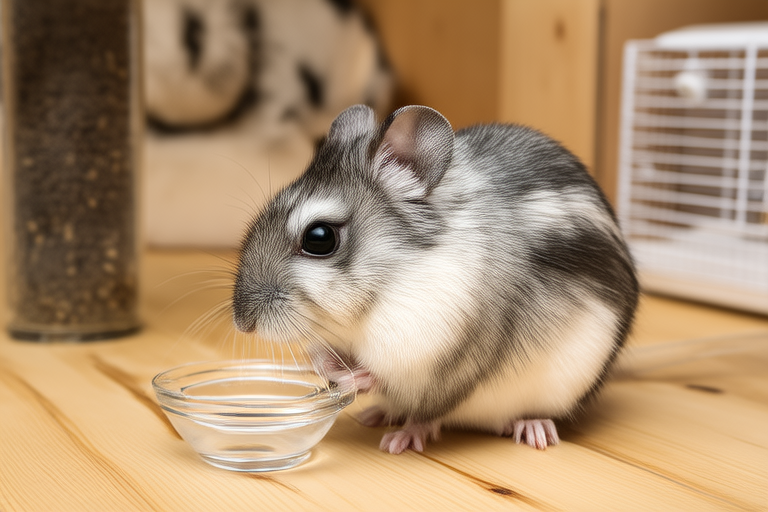Chinchilla Care 101: Everything New Owners Need to Know
Welcome to the world of chinchillas! These adorable, fluffy rodents are known for their luxurious fur and playful personalities. As a new owner, it’s important to understand their specific needs to ensure they live a long, healthy, and happy life. This guide will cover everything from diet and habitat setup to grooming and healthcare, helping you provide the best possible care for your new pet.
Dietary Needs
Chinchillas have very specific dietary requirements that need to be met for optimal health. Their diet primarily consists of hay, which should make up the bulk of their daily intake. Timothy hay is preferred, as it aids in digestion and supports dental health. Supplement this with a high-quality chinchilla pellet mix, designed specifically for their nutritional needs.
Avoid feeding them human food like fruits or vegetables, as these can cause digestive issues and weight gain. Fresh water must always be available, and it’s best to use a sipper bottle to prevent contamination.
Habitat Setup
Creating a safe and comfortable environment is crucial for your chinchilla’s well-being. A spacious cage with multiple levels is ideal, allowing them to jump and explore. The cage should be at least 3 feet wide by 2 feet deep by 3 feet tall. Wire flooring is recommended to prevent pressure sores, but if used, provide soft bedding areas.
Line the cage with soft bedding such as paper-based products or fleece. Avoid cedar and pine shavings, as they can be harmful due to the oils they contain. Include toys and chew items to keep your chinchilla mentally stimulated and to help wear down their continuously growing teeth.
Grooming Requirements
Chinchillas require regular grooming to maintain their thick coats and prevent skin issues. Dust baths are essential, provided twice weekly for about 15 minutes each time. Use dust specifically formulated for chinchillas, not regular cat litter or sand. After the bath, remove any excess dust and ensure your chinchilla has access to clean water.
Brushing is not necessary due to the risk of damaging their delicate skin and fur. Instead, focus on keeping their living area clean and free from debris.
Healthcare Basics
Regular check-ups with a veterinarian who specializes in exotic pets are vital. Signs of illness include lethargy, changes in eating habits, or abnormal feces. Keep an eye out for any unusual behaviors or physical symptoms.
Common health issues include dental problems, respiratory infections, and gastrointestinal stasis. Early detection and treatment are key. Ensure your chinchilla is up-to-date on vaccinations and follow your vet’s recommendations for parasite control.
Behavior Insights
Chinchillas are social animals that thrive on interaction. Spend time handling and playing with your chinchilla daily. They are nocturnal, most active during the evening and night. Provide opportunities for exercise and mental stimulation to prevent boredom and potential behavioral issues.
Chinchillas can be skittish and may take some time to become comfortable with handling. Patience is key. Reward good behavior with treats and positive reinforcement.
Common Pitfalls for New Owners
New owners often make mistakes that can harm their chinchilla’s health. Some common pitfalls include overfeeding, using inappropriate bedding, and neglecting to provide sufficient space and mental stimulation. Always research thoroughly before bringing a chinchilla home.
Another frequent mistake is not providing enough fresh water or changing it frequently enough. Water bottles should be cleaned regularly to prevent bacterial growth.
Safety Tips
Ensure your chinchilla’s environment is escape-proof and free from hazards. Avoid placing the cage near drafts or direct sunlight. Provide soft landing spots to prevent injuries from falls.
Supervise interactions with other pets and children to prevent accidents. Chinchillas can be easily stressed, so handle them gently and avoid sudden movements.
Conclusion
Raising a chinchilla requires commitment and attention to detail. By understanding their unique needs and providing proper care, you can ensure your chinchilla enjoys a long, healthy, and happy life. Remember to stay informed and seek professional advice when needed. With love, patience, and dedication, you’ll form a strong bond with your new furry friend.
